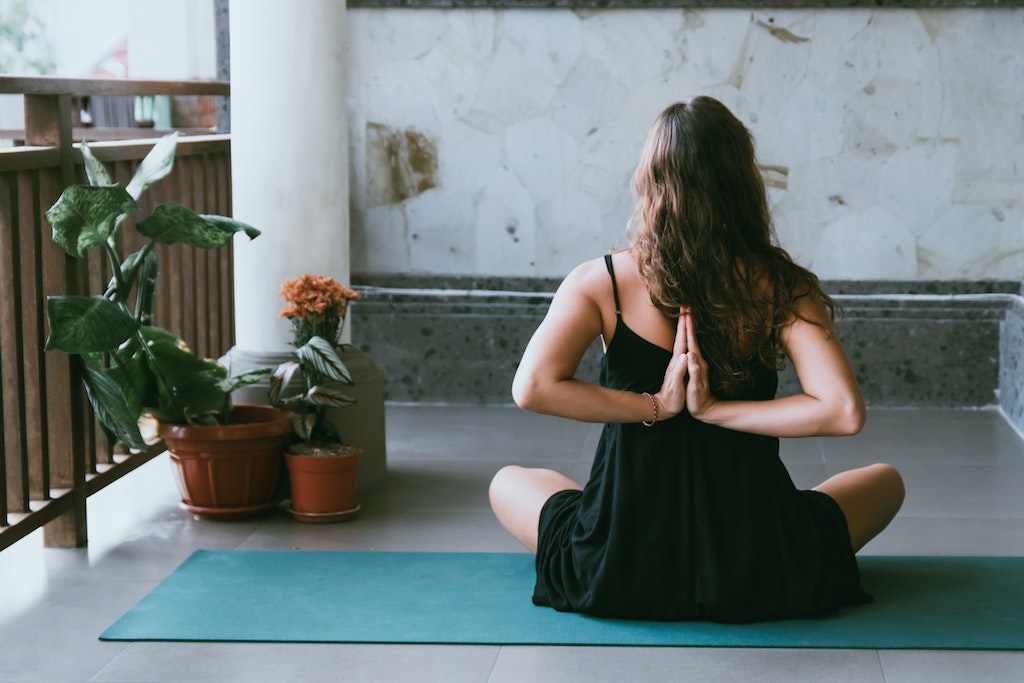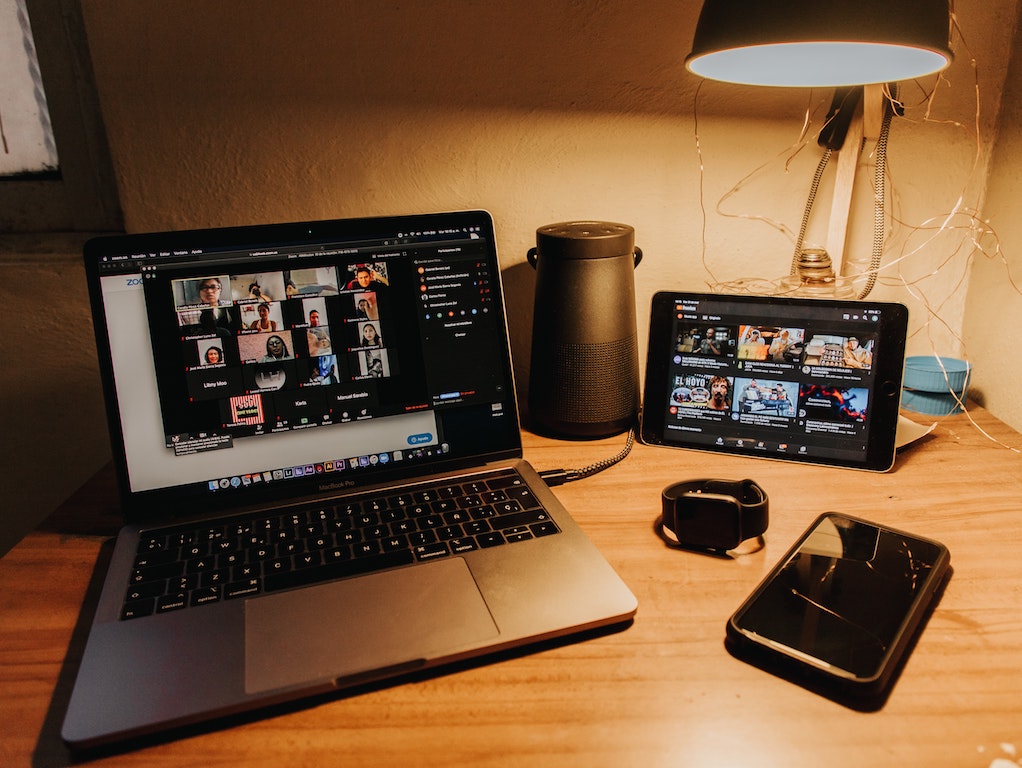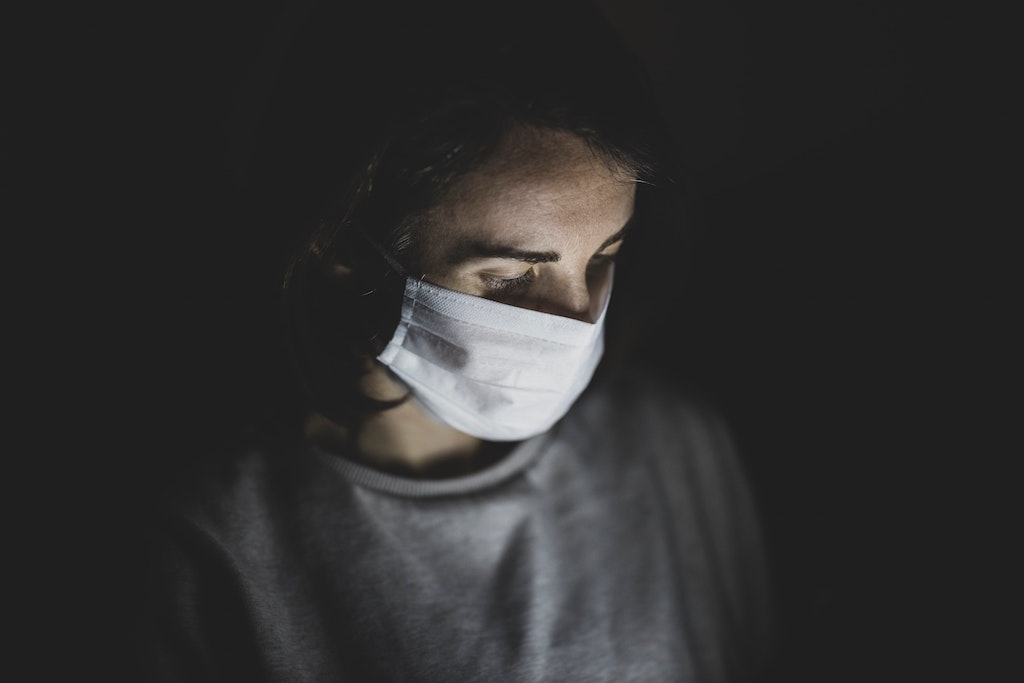The COVID-19 pandemic and its repercussions on health, finance, businesses, education and personal relationships brought have left many of us increasingly anxious, which, according to the Centers for Disease Control and Prevention (CDC), can lead to physical ailments such as changes in sleeping or eating patterns, worsening of chronic health problems and increased use of vices.
To address these issues, the World Health Organization’s (WHO) Department of Mental Health and Substance Use and the CDC have recommended mental health care tips.
Do not discriminate
The WHO reminds the general population to treat COVID-19 patients with kindness and respect. We should never associate the disease with any ethnicity and race; likewise, those who have COVID-19 must not be labeled as “COVID-19 cases,” “victims,” “COVID-19 families” or “the diseased.” It is best to call them “people who are recovering from COVID-19.” In order to eradicate stigma and promote a compassionate environment, people must separate the patient from the disease.
[READ: Don’t use the coronavirus outbreak as an excuse to be racist]
Keep a healthy lifestyle

It’s important now more than ever to live a healthy lifestyle. Rest as much as possible and eat nutritious food. Do not turn to unhealthy coping mechanisms like smoking, drinking alcohol and taking drugs as this can only worsen your mental and physical wellbeing. Other ways to cope can be engaging in physical exercise and talking to family, friends and colleagues for emotional support. These practices are especially crucial for frontliners who are at high risk of infection as they dedicate time and effort into healing others and maintaining essential businesses.
Limit COVID-19 information intake
While it helps to stay informed about the crisis, taking in too much information can be bad for our emotional state. If COVID-19 related content makes you feel anxious, hopeless or distressed, then minimize the amount of news you consume daily. The WHO suggests to set specific times in the day, once or twice, to read updates on the pandemic. They also remind the public to only take information from trusted sources: directly from the WHO website and local health authorities (such as the Department of Health and the Research Institute for Tropical Medicine here in the Philippines).
Offer help and support
We’ve seen that the collective fear inspired by the pandemic has also meant collective understanding to help others, especially those in vulnerable sectors. The WHO says that engaging in COVID-19 alleviation efforts, whether it be through donations or by simply offering emotional support, can promote a healthier and more compassionate environment amid the crisis.
Have a buddy system

For essential workers, the WHO suggests that management encourage partnership between inexperienced workers and more experienced colleagues to provide support, reinforce safety procedures and monitor stress. Managers must also promote the practice of self-care strategies among their workers, such as encouraging work breaks, flexible schedules and a rotating schedule from higher-stress to lower-stress job roles.
Do not hesitate to ask for help
People who find that they can’t handle the stress they’re experiencing shouldn’t be ashamed or afraid to talk about what they feel and seek help. The COVID-19 disease does not invalidate other illnesses, especially those concerning mental health. A number of organizations, support groups and mental healthcare providers have offered their services for people to turn to when in need. If you are an employee experiencing mental strain, let management know about it and ask for ways this can be handled.
Maintain familiar routines
The pandemic has brought about a new normal, causing a dramatic shift in our daily routines. The CDC recommends that we try to engage in activities that can help ease our worries such as reading, writing, watching movies and meditating. It’s also recommended to try new activities such as exercising, cleaning or painting. For families, maintaining familiar routines can mean building a safe environment for children—one where they are not always surrounded by negative energy, yet are still informed about COVID-19 in an honest, but age-appropriate way.
Activate social contacts

As much as possible, keep a steady connection with friends and family. In case of emergency, older or sickly people and those who are isolated must always keep the contact numbers of people they can rely on such as family, friends, colleagues or doctors. The WHO and CDC recommend checking in with loved ones often and to share pandemic-related facts, feelings and experiences among each other in order to air out any worries and ease the burden of some deep-seated fears.
Header photo by engin akyurt on Unsplash
Get more stories like this by subscribing to our weekly newsletter here.
Read more:
Mental health check: How digital psychotherapy helps us cope with pandemic anxieties
Here’s where you can get a mental health checkup online or on the phone
7 clinics and organizations that offer mental health support for frontliners
Writer: THEA TORRES




